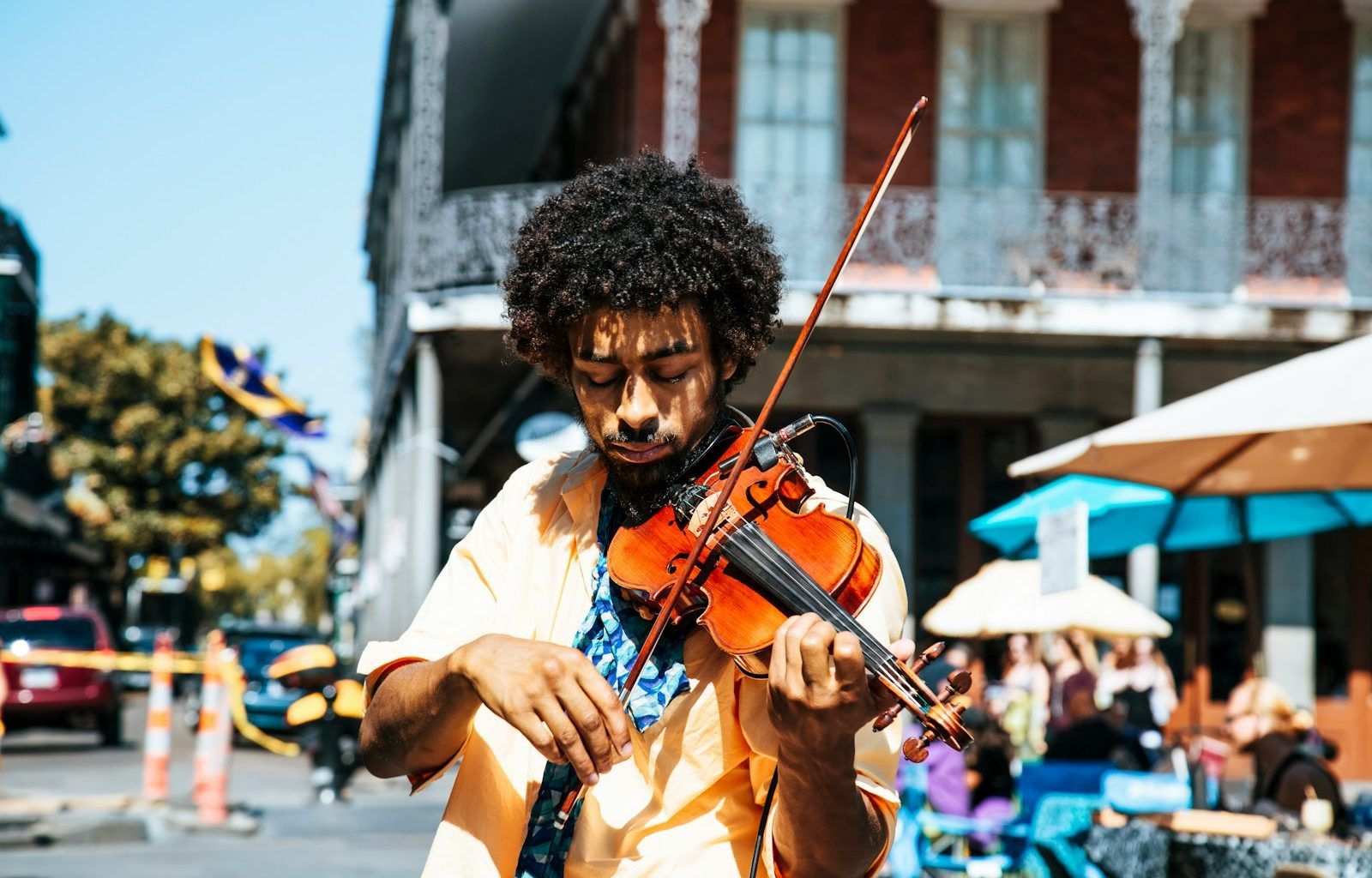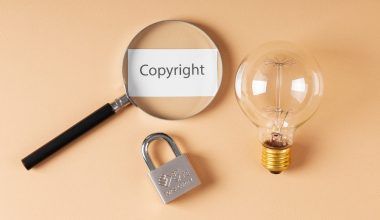Owning your masters is one of the most empowering steps you can take as an independent artist. It gives you full control over your music and ensures that you—not a record label or third party—reap the benefits of your hard work. But how exactly do you go about owning your masters, and why is it so important? In this guide, we’ll break it all down in simple terms, giving you actionable steps to protect and profit from your art.
Why Owning Your Masters Matters
Before diving into the “how,” let’s talk about why owning your masters is crucial. The term “masters” refers to the original recordings of your music. When you own your masters, you have the right to decide how your music is used, distributed, and monetized. Here’s why that matters:
- Financial Freedom: Every time your music is streamed, sold, or licensed, you’ll receive the majority of the revenue.
- Creative Control: You can choose where and how your music appears without needing approval from a third party.
- Long-Term Security: Music can generate income for decades. Owning your masters ensures you’re the one benefiting from that.
Understanding the Music Industry Landscape
The traditional music industry model often favors record labels. Many artists sign deals without fully understanding the fine print, giving away ownership of their masters in exchange for advances or promotional support. While this might seem appealing at first, it can lead to long-term losses.
As an independent artist, you have the unique advantage of bypassing these traditional gatekeepers. With today’s technology and platforms, owning your masters is more achievable than ever before.
Steps to Own Your Masters
1. Record Your Music Independently
The simplest way to own your masters is to record and produce your music independently. This means funding your recording sessions, hiring producers, and ensuring that all contracts clearly state you retain ownership of the masters. Platforms like BandLab, Soundtrap, or even a home studio setup can help you create high-quality music without relying on a major label.
2. Understand Your Agreements
If you work with producers, studios, or collaborators, make sure your agreements specify that you own the masters. Use clear contracts that outline the roles and ownership rights of everyone involved. You can find affordable legal templates online or work with an entertainment lawyer to draft one.
3. Distribute Through Independent Platforms
Using independent distribution platforms like DistroKid, TuneCore, or CD Baby allows you to release your music to major streaming services while retaining ownership of your masters. These platforms charge a flat fee or take a small percentage, but they don’t claim ownership of your music.
4. Register Your Music
To fully protect your music, register it with performing rights organizations (PROs) like ASCAP, BMI, or SESAC. This ensures you receive royalties whenever your music is played publicly. Additionally, consider copyrighting your work for added legal protection.
5. License Your Music Directly
Owning your masters means you can license your music for films, TV shows, commercials, or video games. Websites like Songtradr and Musicbed connect artists with licensing opportunities, allowing you to negotiate deals directly.
The Challenges of Owning Your Masters
Let’s be real: owning your masters isn’t always easy. It requires upfront investment, time, and effort. Here are some challenges you might face and how to overcome them:
- Financial Constraints: Recording and producing independently can be expensive. Start small, reinvest your earnings, and look for affordable resources.
- Knowledge Gaps: The music industry can feel overwhelming. Educate yourself through online courses, books, and networking with other independent artists.
- Marketing: Without a label, you’ll need to promote your music on your own. Use social media, email newsletters, and live performances to build your audience.
Building a Team That Supports Your Vision
While owning your masters gives you control, it doesn’t mean you have to do everything alone. Building a supportive team can help you manage different aspects of your career. Consider working with:
- Producers who respect your ownership rights
- Managers to handle business negotiations
- Marketing experts to promote your music
- Entertainment lawyers to review contracts
Success Stories of Artists Who Own Their Masters
Many successful independent artists have paved the way for others by owning their masters. Chance the Rapper, for example, has built a thriving career while maintaining full ownership of his music. Similarly, Russ is vocal about the importance of owning his masters and how it has contributed to his financial success.
Final Thoughts: Take Control of Your Music
Owning your masters as an independent artist is a journey, but it’s one worth taking. It’s about more than just money; it’s about owning your creative legacy. By recording independently, understanding contracts, and building a solid team, you can ensure your music remains yours—forever.
Take it one step at a time, and remember: every decision you make today shapes your future as an artist.
For further reading, explore these related articles:
For additional resources on music marketing and distribution, visit DMT Records Private Limited.





